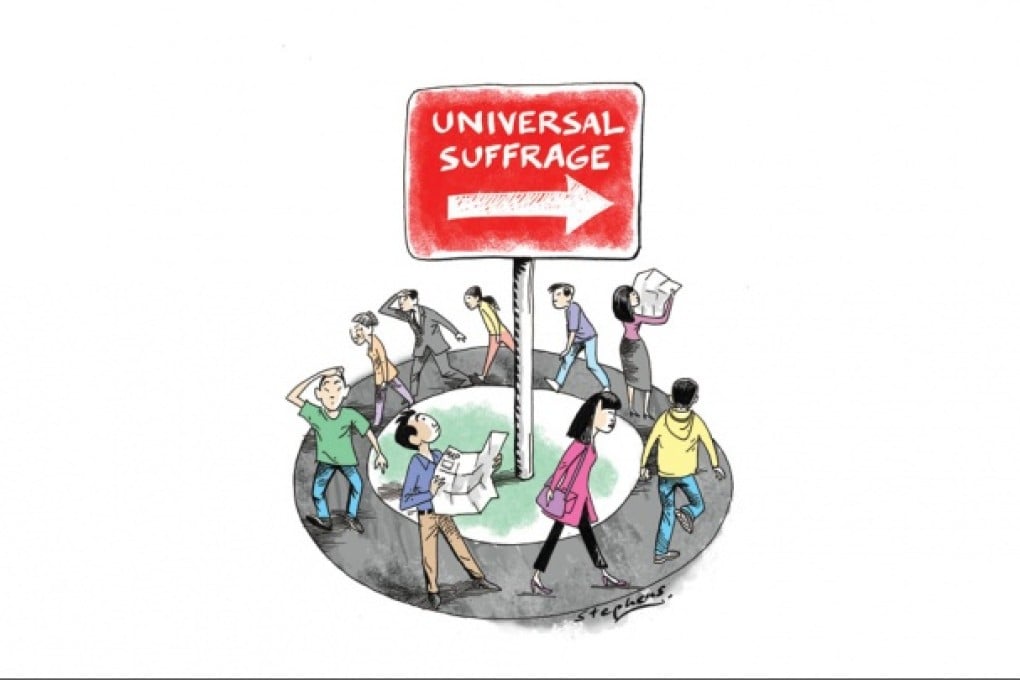
On April 24, I announced the launch of Hong Kong 2020 to provide a platform for seeking views on how, as a community, we can work towards a consensus on the constitutional changes necessary to achieve full universal suffrage for election of the chief executive in 2017 and all members of the Legislative Council by 2020.
Members of Hong Kong 2020 have a long track record of promoting the cause of more democratic government in Hong Kong. In the coming months, we will build on this to reach out to as wide a cross- section of the public as possible, including representatives of the business sector, the professions, academia, district-based organisations and youth groups. Among other things, we will make maximum use of the internet to solicit public views and feedback on our emerging ideas.
We will then move on to develop a series of proposals for submission to the government on changes to the composition of Legco in 2016, on the election of the chief executive in 2017 and on elections to Legco in 2020.
We are approaching our task without preconceived ideas and we are ready to listen to different views and concerns. Our only bottom line is that the final package of constitutional changes must be faithful to the core principles of universal and equal suffrage. These principles are enshrined in Article 25(b) of the International Covenant on Civil and Political Rights, which is applied to Hong Kong by Article 39 of the Basic Law. They are also specifically safeguarded by Articles 26, 45 and 68 of the Basic Law which provide respectively for the right of permanent residents to vote and to stand for election, and for election of the chief executive and members of Legco by universal suffrage.
I have been asked by some why I still believe it is worthwhile to launch this new initiative, given that so many previous proposals for constitutional reform (including those developed under the auspices of my former Core Group in 2007 and its successor, the Citizens’ Commission on Constitutional Development) have basically fallen on deaf ears. The answer is very simple: I and my colleagues in Hong Kong 2020 remain passionate about the cause of universal suffrage; we believe that genuine universal suffrage, on the basis of “one man, one vote”, is the best means of giving legitimacy to the chief executive, securing good governance, maintaining our lifestyle and preserving the rule of law and the rights and freedoms we currently enjoy.
There is a lot at stake. If the final model of universal suffrage falls short of public expectations, the inevitable outcome will be increasing political discord and social disharmony. This will have consequences for Hong Kong’s economic prosperity and success as an international centre for trade and finance, which depend on stability and good, clean and effective government.
This is why it is important that our business community use their influence to help build a consensus in Hong Kong and to assure their contacts in Beijing that Hong Kong people can be trusted to exercise their votes judiciously, in the best interests of Hong Kong and the motherland.